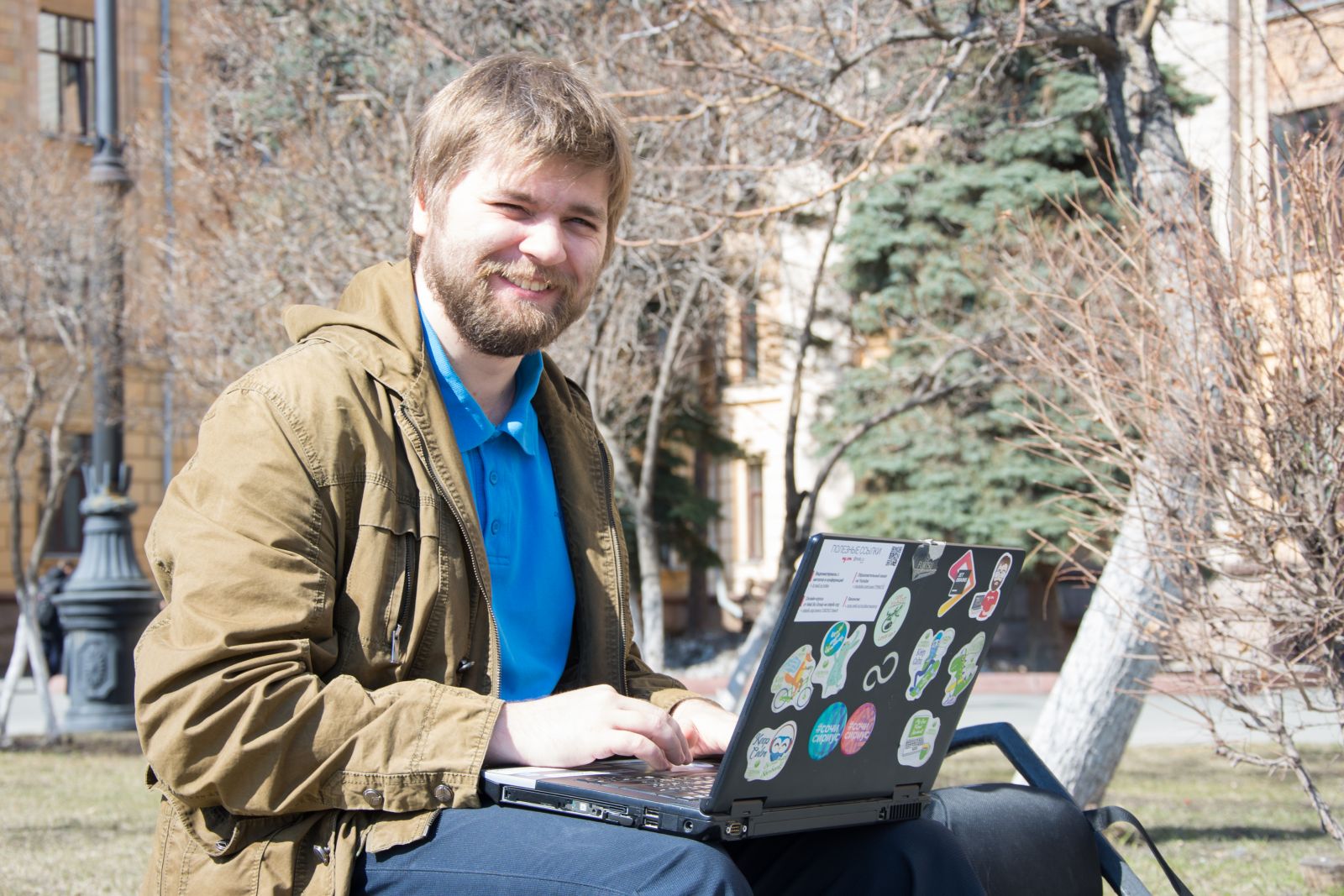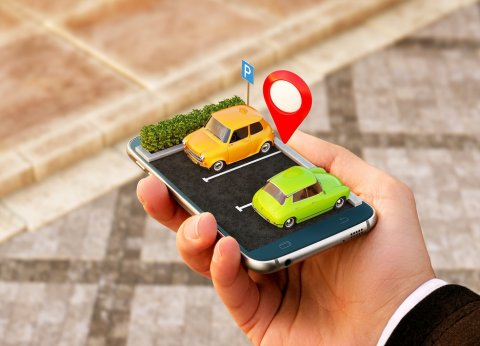The majority of today’s Russian megapolises have problems with the convenience of their transport infrastructure, and parking spaces are an especially hot issue. Researchers of the School of Electronic Engineering and Computer Science of South Ural State University are developing “smart parking” software, which will help solve the issue of optimizing mobility in big cities.
A city which intelligently implements innovative technologies in parking spaces achieves an important goal: it reduces “parasitic” traffic. In other words, it reduces the time that drivers spend looking for a parking space. Visual information about free parking spaces and minimizing the time spent searching for a parking spot – these are the main components which increase mobility in a megapolis. This is why the Smart Parking system by SUSU researches has become an important part of the Smart City system planned for Chelyabinsk.

“Big data analysis makes it possible to give forecasts and make decisions in the fields, in which operative control was impossible before. One of the sources of big data is the Internet of Things. Real-time flows of data are gathered by the Internet-connected sensors, including video cameras. Today, the development of the Internet of Things infrastructure makes it possible to develop an application for “smart” parking. The application will make it possible for drivers to find free spaces near them quickly. The moving around of cars searching for parking spaces reduces,” says one of the project’s authors, Valentin Golodov, Candidate of Sciences (Physics and Mathematics), senior researcher of the Department of System Programming.
The work on the project is being fulfilled by one of the major IT companies in the Ural Federal District, which has already released a similar service in their mobile app.
Neural Networks Will Become the “Eyes” of the City
Researchers from the SUSU School of Electronic Engineering and Computer Science have succeeded in improving the existing service. During their experimenting, they significantly increased the accuracy of the software, what will make it more convenient and in-demand in the future.
“The service is built on computer vision technologies. From a scientific point of view, this is a standard task for machine learning in the field of image processing,” explains Valentin Golodov. “At present, we use well-known algorithms which give the best results. We are proposing the use of a network with the Mask R-CNN architecture, which will make it possible to select contours (“masks”) of various objects in the image, even if there are several of those objects, they are of different sizes, or are partially obscured.”
A neural network which is taught with the data from various parking lots will make it possible to process an image from video cameras, and then present the information on the quantity of free and taken spots, showing their location.

Smart Cities
In the future, Smart City technologies will help improve people’s lives in the city and will make it more comfortable thanks to the use of innovative communications technologies. The Smart Parking project by South Ural State University is planned as part of the digital platform for the whole city, which will make it possible to keep track of the condition of the engineering and transport infrastructure.




